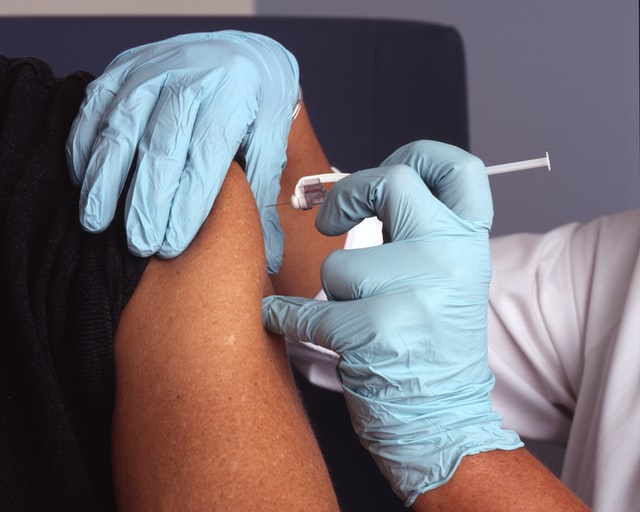The ongoing COVID-19 global public health crisis has inadvertently fanned the flames of the lingering discussion on the importance of vaccines.
To get to the point where potentially life-saving vaccines have been distributed around the world, several pharmaceutical companies were racing against time to come up with a drug against the virus. Now that some countries have access to COVID-19 vaccines, some people are worried about their efficacy and the range of possible side effects they bring to a person.
Vaccines’ Medical Importance
The use of vaccines is said to have helped reduce the number of people who suffer from diseases that had threatened the existence of mankind many years ago.
Many diseases that were once highly contagious and difficult to manage have all been put under control thanks to vaccines. With this knowledge of how they work, it’s no wonder that they have become an essential part of the public health systems of most countries worldwide.
However, it’s important to remember that some individuals experience side effects after inoculation and these should be properly dealt with accordingly.
How Vaccines Work
Some of the ailments that vaccines have been designed to deal with are diphtheria, tetanus, rabies, and others. A handful of them are administered annually such as the one for the common flu, while others are given as soon as a baby is born.
The purpose of childhood immunizations is to stimulate the body’s natural immune system defenses to fight off diseases. If your child gets one of their childhood shots, then it’s said that their immune system responses will be boosted.
But it’s important to remember that some of them may not prevent you from getting sick altogether. Some are designed to provide initial defense and booster shots may be further needed to build up protection moving forward.
Some Common Vaccine Side Effects
Vaccines boost your body’s defensive mechanisms by stimulating an immune system response. Your immune system responds to the shot to protect you from future illness. However, different people may exhibit different bodily responses after receiving a dose.
There are a select few who happen to suffer from adverse health repercussions. They may seek professional help from organizations like Vaccine Injury Help Center and others for help.
Here are just some of the possible side effects individuals may experience following a vaccination:
- Fever
Fever is said to be one of the most common side effects after vaccination. The body’s immune system reacts strongly to any foreign substances such as viruses, bacteria, and fungi. An unnatural material like the components of a vaccine may trigger an immune response in your body and result in several side effects such as fever.
Your body needs time to adjust itself from the injection, thus initially developing a mild fever after inoculation is believed to be nothing out of the ordinary. Keep in mind, the immune response varies from one individual to another.
- Soreness
Soreness and muscle aches are also believed to be common after inoculation. Some vaccines may cause swelling leading to pain at the injection site or sore muscles all over the body. The swelling from the shot can last for up to four days after the administration.
- Vomiting
Vomiting is a plausible health side effect that can occur up to 48 hours after vaccination. This can be accompanied by mild fever and nausea which usually lasts up to a week. You may experience it along with other symptoms for a day or two after the shot but it should subside within a week’s duration.
- Rashes
Skin rashes may occur only under certain circumstances when a patient is exposed to chemicals and other components that may trigger allergic reactions. For example, some people report getting a rash after receiving a COVID-19 shot.

Dealing With Possible Vaccine Side Effects
The side effects mentioned above may be accompanied by stomach cramps, muscle twitching, loss of appetite, or persistent headaches. Experts believe that these are just some of the normal ways bodies recuperate as they need time to adjust themselves from the injection.
During this time, you can place a cold compress to relieve the pain in the affected area. Medicine may be prescribed by a doctor to ease one’s fever and discomfort. If possible, it’s advised to drink extra fluids and take warm baths.
However, if the symptoms mentioned above and other related effects appear to not be getting better for an extended period of time, you must seek medical help immediately. Trained and professional medical staff will provide the proper care.
You must also consult with your physician before you get any vaccine. You’ll be provided with information about the possible side effects associated with each one. This information can be very handy in making a smart and educated decision for your health’s sake.
Takeaway
Medical experts believe that it’s vital to keep a high level of immunization percentages in the overall population to prevent the spread of deadly diseases.
There are certain diseases that may have spread in a wide range that vaccines have reigned in. Understanding the significance of getting a shot is essential, but you should also arm yourself with knowledge on how to identify some of its common side effects. Doing so helps you know whether you or a loved one may require medical attention.

